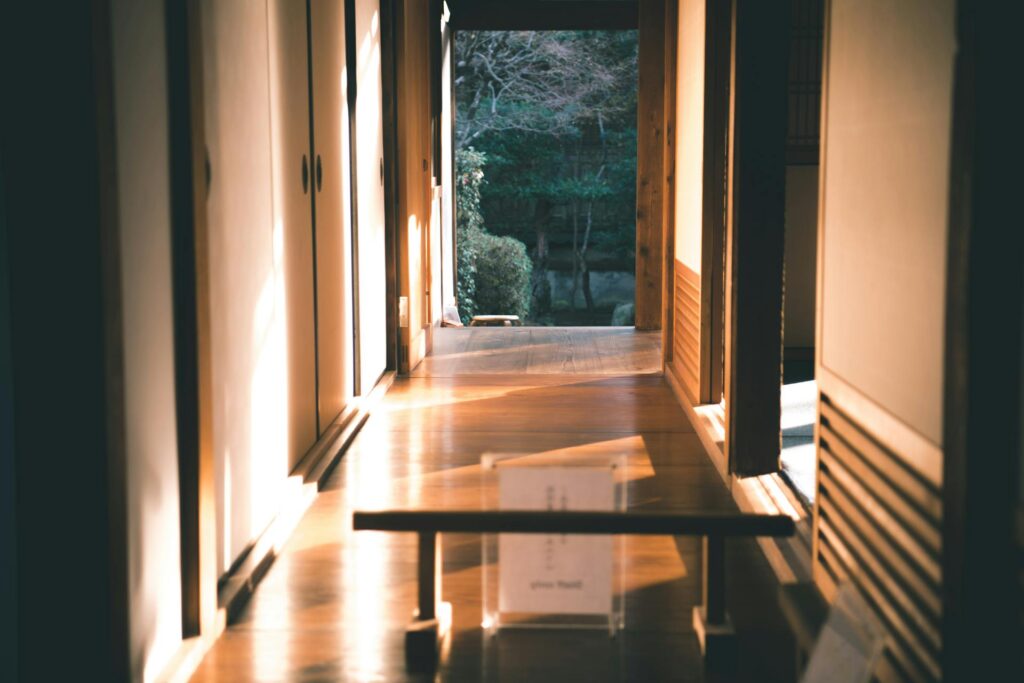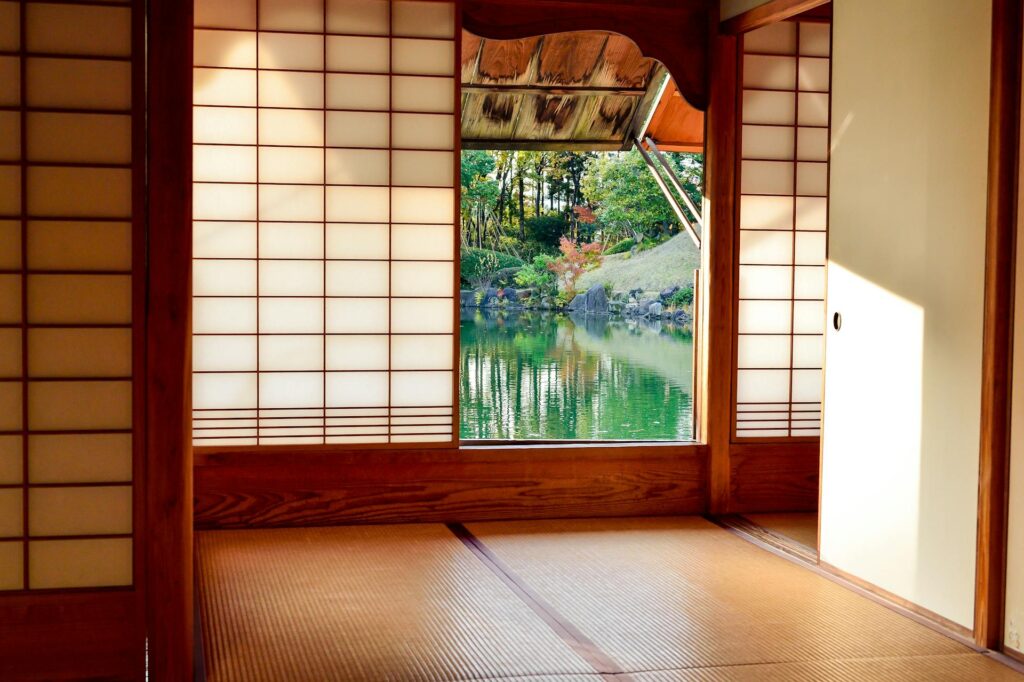The Therapeutic Benefits of Japanese Garden Spaces
In today’s fast-paced world, finding moments of tranquility and peace has become increasingly essential for maintaining mental well-being. Amidst the chaos of modern life, Japanese gardens stand as serene sanctuaries, offering not just aesthetic beauty but also profound therapeutic benefits. Rooted in ancient principles of harmony, balance, and mindfulness, these gardens serve as havens for relaxation, rejuvenation, and contemplation. In this article, we delve into the therapeutic qualities of Japanese garden spaces, exploring how they promote mental and emotional well-being.

Embracing Nature’s Healing Power
At the heart of Japanese garden design lies a deep reverence for nature. Every element, from meticulously placed rocks to carefully pruned trees, is intended to mimic the natural landscape in miniature form. This harmonious integration with nature is central to the therapeutic appeal of Japanese gardens. Research has shown that spending time in natural environments can reduce stress, anxiety, and depression while promoting feelings of calmness and well-being. Japanese gardens, with their lush foliage, tranquil water features, and soothing sounds of flowing water, provide an immersive experience that reconnects visitors with the healing power of the natural world.
Cultivating Mindfulness and Presence
One of the key principles underlying Japanese garden design is the concept of mindfulness – the practice of being fully present in the moment. As visitors wander through these tranquil spaces, they are encouraged to engage their senses fully, whether it’s feeling the texture of moss-covered stones beneath their feet, listening to the gentle rustle of bamboo leaves, or inhaling the fragrant aroma of blooming flowers. By immersing themselves in these sensory experiences, visitors can cultivate a sense of mindfulness, letting go of worries about the past or future and embracing the present moment. This practice not only reduces stress but also fosters a deeper appreciation for the beauty and wonder of life.
Creating a Sense of Serenity and Harmony
Japanese gardens are meticulously designed to evoke a sense of serenity and harmony. Every element within the garden, from the arrangement of rocks to the placement of lanterns, is carefully chosen to create a balanced composition that pleases the eye and soothes the soul. The careful attention to detail and the deliberate use of space promote a sense of order and tranquility, providing visitors with a respite from the chaos of the outside world. Studies have shown that exposure to harmonious environments can have a calming effect on the nervous system, reducing heart rate, blood pressure, and muscle tension. By immersing themselves in the tranquil beauty of Japanese gardens, visitors can experience a profound sense of peace and relaxation.
Fostering Connection and Community
While Japanese gardens are often associated with solitude and introspection, they also have the power to foster connection and community. Traditionally, these gardens were places where people gathered to socialize, celebrate, and commune with nature. Today, many Japanese gardens host events such as tea ceremonies, cultural festivals, and meditation classes, providing opportunities for people to come together and share in the experience of beauty and tranquility. These communal activities not only promote social bonding but also offer individuals a sense of belonging and connection to something greater than themselves.
Nurturing Spiritual Well-Being
In addition to their physical and psychological benefits, Japanese gardens also have a profound impact on spiritual well-being. Rooted in Buddhist and Shinto traditions, these gardens are often designed with symbolic elements that evoke spiritual themes such as impermanence, harmony, and enlightenment. For example, the raked gravel patterns in dry rock gardens symbolize ripples in water or waves in the ocean, serving as metaphors for the transient nature of existence. The act of contemplating these symbolic elements can inspire feelings of awe, reverence, and introspection, fostering a deeper sense of connection to the divine and the cosmos.
In a world marked by constant noise and distraction, Japanese gardens offer a sanctuary of peace and tranquility. Through their harmonious design, mindful presence, and deep connection to nature, these sacred spaces have the power to heal the body, mind, and spirit. Whether it’s strolling along winding paths, meditating by a tranquil pond, or simply sitting in quiet contemplation, visitors to Japanese gardens can find solace, inspiration, and renewal. In embracing the therapeutic benefits of these timeless sanctuaries, we can cultivate a deeper sense of well-being and harmony in our lives.



